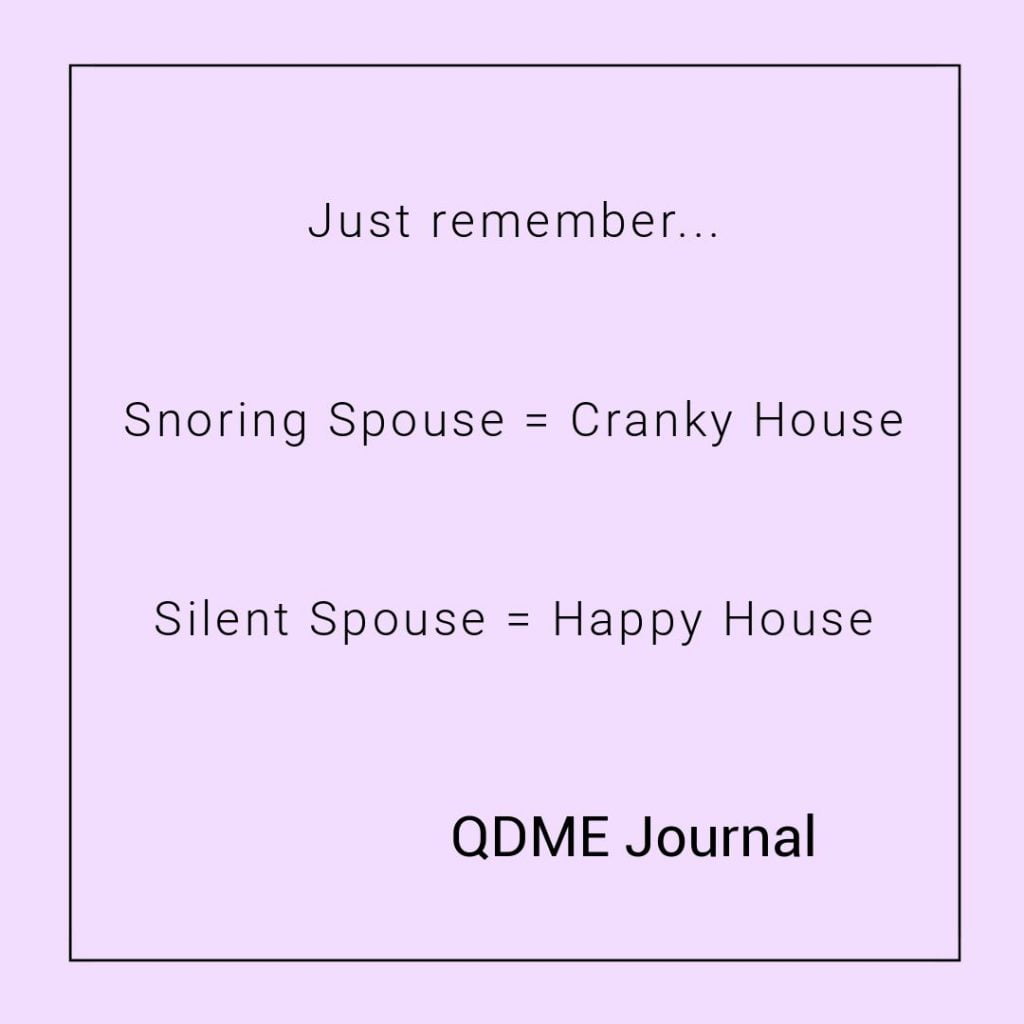June is Alzheimer and Brain Awareness Month!
The American Academy of Neurology completed a preliminary study, which was published on March 3, 2019. It was done to see if there was a link between Alzheimer’s and Sleep Apnea.
The study revealed that those who suffer from Sleep Apnea or have some symptoms of Sleep Apnea may have higher accumulations of an Alzheimer’s disease bio-marker called tau.
What is Tau?
Tau is a protein that forms into tangles, which are found in the brain when someone has Alzheimer’s. The area of the brain it’s found in specifically, is the section that helps with your memory.
If you believe you may suffer from any Sleep Apnea symptoms, have your partner pay attention to you while you sleep. According to Diego Z. Carvalho, MD of the Mayo Clinic in Rochester, Minn., and a member of the American Academy of Neurology:
Bed partners are more likely to notice these episodes when people stop breathing several times per hour during sleep, raising concern for Obstructive Sleep Apnea.
Aside from your partner, you should also talk to your doctor about the symptoms you’re experiencing. It’s important to note that Sleep Apnea (Obstructive Sleep Apnea or Central Sleep Apnea) can be very dangerous if left untreated.
Study
The study done by the American Academy of Neurology involved 288 people who were aged 65 and older. It should be noted that these participants had no issues remembering things in their everyday lives.
Participants had a positron emission tomography (PET) that looked at the tau area of the brain. Researchers identified 43 participants (15% of the study) whose bed partners witnessed apneas when they were sleeping.
Results
The researchers found that those who had apneas had, on average, 4.5% higher levels of tau than those who didn’t have apneas. Within the study, they made sure to consider controlling for other factors that could affect the levels of tau. These included: age, sex, education, etc. They wanted the findings to be as accurate as possible.
Their research results show the possibility that Sleep Apnea does, in fact, affect tau accumulation. There are longer studies needed to prove this hypothesis, but it’s a start.
There were some limitations of the study including:
- Small sample size
- Lack of sleep studies confirming the severity of Sleep Apnea
- Uncertainty if some participants were already receiving treatment for Sleep Apnea
This study was supported by the National Institutes of Health. Although more studies need to be done to confirm the findings, it opens discussion into the possibility of Sleep Apnea being linked with Alzheimer’s.
Check-in with the QDME Journal for new blogs!

Follow Us to learn even more!



